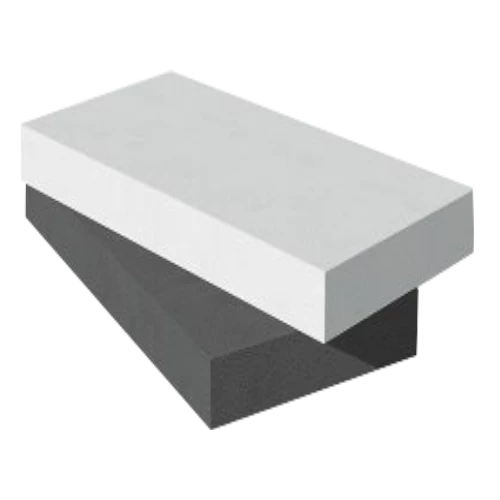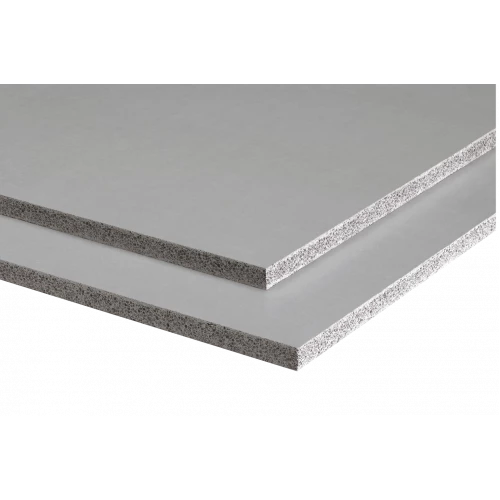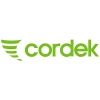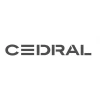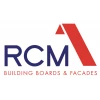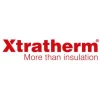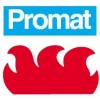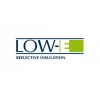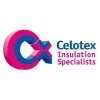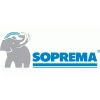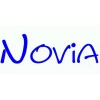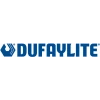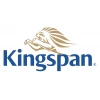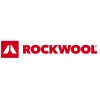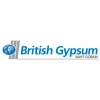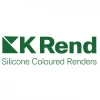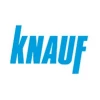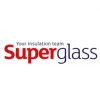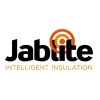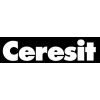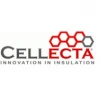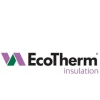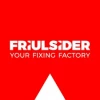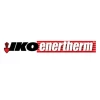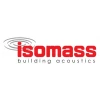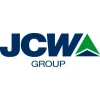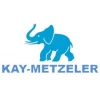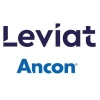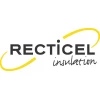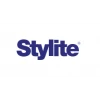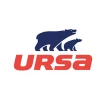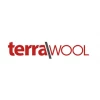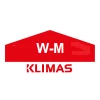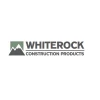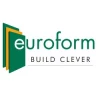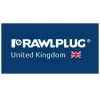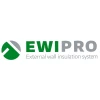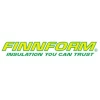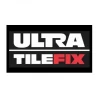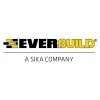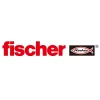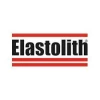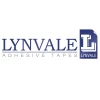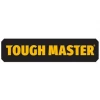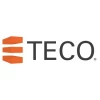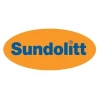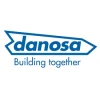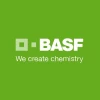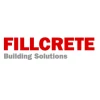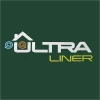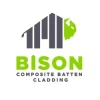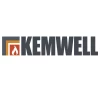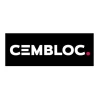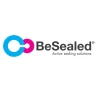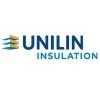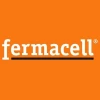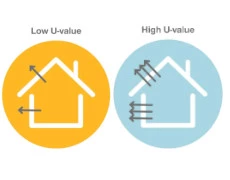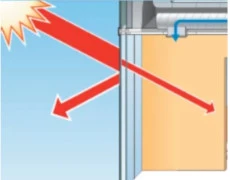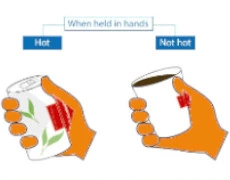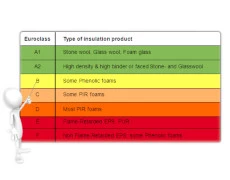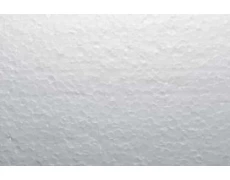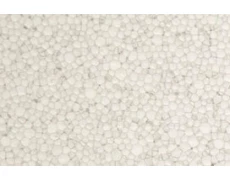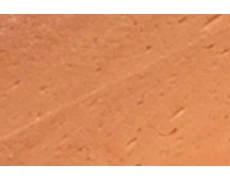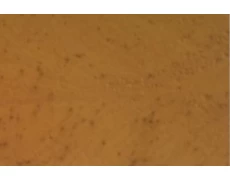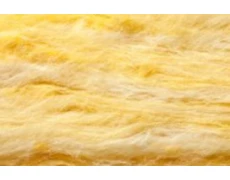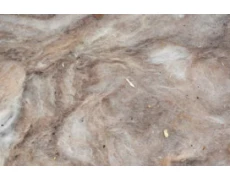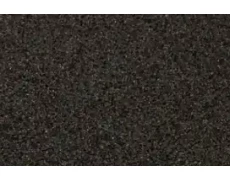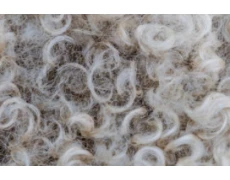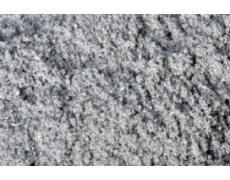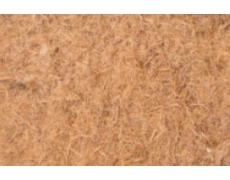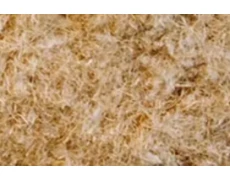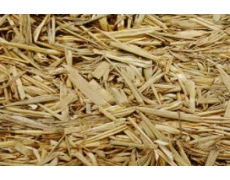
FULL FILL CAVITY INSULATION*
Adding insulation is one of the most cost effective and easiest options to reduce costs of living. Most people just refer to cavity wall insulation as if there’s only one type. That simply isn’t the case. In this article we will cover full fill cavity insulation.
 Table of contents
Table of contents
WHAT IS FULL FILL CAVITY INSULATION?
TYPES OF FULL FILL CAVITY INSULATION
FULL FILL CAVITY INSULATION U – VALUE CALCULATOR
FULL FILL CAVITY INSULATION BUILDING REGULATIONS
FULL FILL CAVITY INSULATION 115mm/100mm/90mm
FULL FILL CAVITY INSULATION KINGSPAN
FULL FILL CAVITY INSULATION ECOTHERM
FULL FILL CAVITY INSULATION ROCKWOOL
FULL FILL CAVITY INSULATION KNAUF
FULL FILL CAVITY vs PARTIAL FILL CAVITY
WHAT IS FULL FILL CAVITY INSULATION?
Full fill cavity insulation is a unique dimension board (450mm/455mm) made from either PIR, Phenolic, EPS or glass mineral wool used to fill the void between outer and inner wall rather than leaving the traditional air gap.
TYPES OF FULL FILL CAVITY INSULATION
There is a variety of products available for full fill cavity insulation: PIR, Phenolic, Glass Mineral Wool and Polystyrene.
PHENOLIC CORE
 It is a premium performance insulation with a fibre-free rigid thermoset phenolic core. Kingspan predicts a result of around 0.15-0.17 W/m2K when using 100mm of Kooltherm K106 in a 150mm cavity. However, rigid products are more expensive up front and installation can require more attention to detail on site.
It is a premium performance insulation with a fibre-free rigid thermoset phenolic core. Kingspan predicts a result of around 0.15-0.17 W/m2K when using 100mm of Kooltherm K106 in a 150mm cavity. However, rigid products are more expensive up front and installation can require more attention to detail on site.
ADVANTAGES: best performance of all types cavity insulation, doesn't absorb moisture.
DISADVANTAGES: most expensive full fill cavity insulation, risk of voids if installed incorrectly.
Products:
PIR CORE

PIR boards tend to offer the optimum performance vs price ratio as they’re pretty close to phenolic boards when it comes to r-value and yet they’re cheaper. Although you will need a slightly thicker board to achieve the same r-value.
ADVANTAGES: not corrosive to metal over time.
DISADVANTAGES: needs a nice, tight fit.
Products:
MINERAL WOOL CORE
 Cavity full fill insulation batts are non-combustible and contain water repellent additives which prevent moisture transmission between the outer and inner leaf. Mineral wool cavity insulation is not only waterproof, but lets the walls breathe deterring any unwanted moisture. The batts are simple to install and provide a close fit against brick and blockwork.
Cavity full fill insulation batts are non-combustible and contain water repellent additives which prevent moisture transmission between the outer and inner leaf. Mineral wool cavity insulation is not only waterproof, but lets the walls breathe deterring any unwanted moisture. The batts are simple to install and provide a close fit against brick and blockwork.
ADVANTAGES: cheapest form of cavity insulation.
DISADVANTAGES: acts like a sponge, expensive to remove once wet.
Products:
- ROCKWOOL® Full Fill Cavity Batts
- Superglass Superwall 32 Cavity Wall Batt
- Superglass Superwall 36 Cavity Wall Batt
- DriTherm 32 Knauf Ultimate Cavity Insulation Slab
- DriTherm 34 Knauf Super Cavity Insulation Slab
- DriTherm 37 Knauf Standard Cavity Insulation Slab
POLYSTYRENE CORE
 Polystyrene full fill cavity insulation boards are made from graphite infused EPS (Expanded Polystyrene) and are designed for use in masonry full fill cavity wall applications in new domestic and non-domestic buildings. Boards are designed with drip flutes on the face and tongue and groove profile edges to ensure any ingress of moisture through the external wall is directed back to the outside via the DPC and cavity tray.
Polystyrene full fill cavity insulation boards are made from graphite infused EPS (Expanded Polystyrene) and are designed for use in masonry full fill cavity wall applications in new domestic and non-domestic buildings. Boards are designed with drip flutes on the face and tongue and groove profile edges to ensure any ingress of moisture through the external wall is directed back to the outside via the DPC and cavity tray.
ADVANTAGES: very fast to install
DISADVANTAGES: low fire ratings
Products:
Stylite Full Fill Cavity Insulation Board
FULL FILL CAVITY INSULATION U-VALUE CALCULATOR
While there are several full fill insulation manufacturers in UK market, only few them offer online u-value calculators. One of the simplest seems to be the Knauf calculator. Below is a screenshot of what it looks like. If you want to try an online calculator click here.

FULL FILL CAVITY SIZES
All boards are designed to fit between wall ties. Typically they are installed at 900mm horizontal x 450mm. For this reason all boards are made in standard size of 450mm/455mm x1200mm.
Cavity Slabs are available in a range of thicknesses: 50mm, 65mm, 75mm, 85mm, 90mm, 100mm, 115mm, 125mm, 140mm and 150mm.
FULL FILL CAVITY INSULATION BUILDING REGULATIONS
The NHBC Standards define the technical requirements and performance standards for the full fill cavity insulation. Materials should be:
-designed to be in full contact with both leaves of masonry,
-described as full fill in their technical approval document although a narrow residual cavity is retained between the outer leaf and the outer face of the insulation,
-close butted with no gaps,
-a 10 mm residual cavity width is recommended between the insulation and the outer leaf for wall heights up to 25 metres.
-the type of insulation, its thickness and the wall construction should be suitable for the exposure of the home.

For more information click here
FULL FILL CAVITY INSULATION 115mm | 100mm | 90mm
The most common size used as a full fill cavity insulation these days is 115mm, 100mm and 90mm. In any case, the selected product should carry third-party certification confirming its suitability for use in cavity wall applications.
FULL FILL CAVITY INSULATION KINGSPAN

Kooltherm K106 is an advanced full fill cavity wall insulation solution, with a 10 mm residual cavity. It has a thermal conductivity of 0.019 W/mK and can achieve the same wall U-value as alternative products with a much thinner profile. One of the thinnest commonly used insulation for full fill cavity walls.
FULL FILL CAVITY INSULATION ECOTHERM

Ecotherm Eco-Cavity full fill insulation board is a rigid polyisocyanurate (PIR) insulation core with aluminium foil composite to both sides and engineered jointing system for superior fit. It is manufactured under a management system certified to ISO 9001: 2015 (Quality Management Systems Requirements )in thicknesses of 90, 115 and 140 mm. Eco-Cavity Full Fill has a thermal conductivity (lambda/λ-value) of 0.022W/mK.
FULL FILL CAVITY INSULATION ROCKWOOL

Rockwool cavity batt is a BBA certified product used as full fill cavity wall insulation and is effective in reducing the thermal transmittance (U value). The batt is non-combustible and water repellent, yet vapour permeable and has thermal conductivity of 0.037W/mK.
FULL FILL CAVITY INSULATION KNAUF

Knauf DriTherm® cavity slabs are designed to fully fill the cavity and are BBA certified for use in all exposure zones. They are non-combustible with the best possible Euroclass A1 reaction to fire classification, and are manufactured using Knauf Insulation’s unique bio-based binder, ECOSE® Technology. They are approved for use in buildings up to 12m high in any exposure zone and for use in multi-storey applications up to 25m in height. Slabs have thermal conductivity ranging from 0.032 to 0.037 W/mK.
FULL FILL CAVITY vs PARTIAL FILL CAVITY
Full-fill insulation can be slightly quicker to fit, as there’s less need to focus on how the material is held in place. It will also offer slightly better thermal performance over partial-fill for the same wall thickness. Put simply, with a 150mm cavity you’ll be able to include a full 150mm thickness of insulation; which is likely to net you a U-value of around 0.20 W/m2K on a typical brick and block setup when using a product such as Superwall 36 slab from Superglass.
Related articles:
Cavity wall. All you need to know
Building regs part L changes. What is all about?
Best 6 passive fire protection cavity barriers.
*All the information provided in the content published on Insulationgo blog is for informational and educational purposes only. Insulationgo LTD makes every effort to ensure the accuracy and timeliness of the content, but we do not assume any responsibility for any errors or omissions.
The information presented on this blog should not be considered as professional advice or a substitute for consulting relevant experts. Before making any purchase decisions or taking action based on the information presented here, it is strongly recommended to contact the product manufacturer directly to verify the details and ensure its suitability for your specific needs.
By using this blog, you acknowledge and agree that Insulationgo LTD shall not be held liable for any damages, losses, or inconveniences arising from the use or reliance on the information provided herein. This limitation of liability applies to all users of the blog, including but not limited to visitors, readers, and subscribers.











